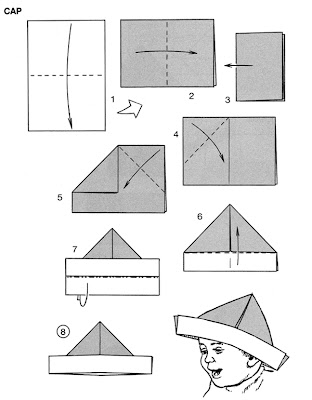One who stays in bed until a late hour; a sluggard.
Nemecek's business is not for slugabeds. He opens for business every weekday at 4 a.m.
-- Drew Fetherston, "He Can Really Make Pigs Fly", Newsday, December 12, 1994
I found Oriana, as usual, up before me, for I always was a sad slugabed.
-- W. Hurton, Doomed Ship
All save Whit elected to sleep in that morning. Whit came back to report that he had spotted the tracks of a doe and a fawn made in the new snow directly beneath my unoccupied stand, and I regretted being a slugabed.
-- "Paying Tribute to Deer in Minnesota Woods", New York Times, December 6, 1998
Slugabed is from slug, "sluggard" + abed, "in bed."






